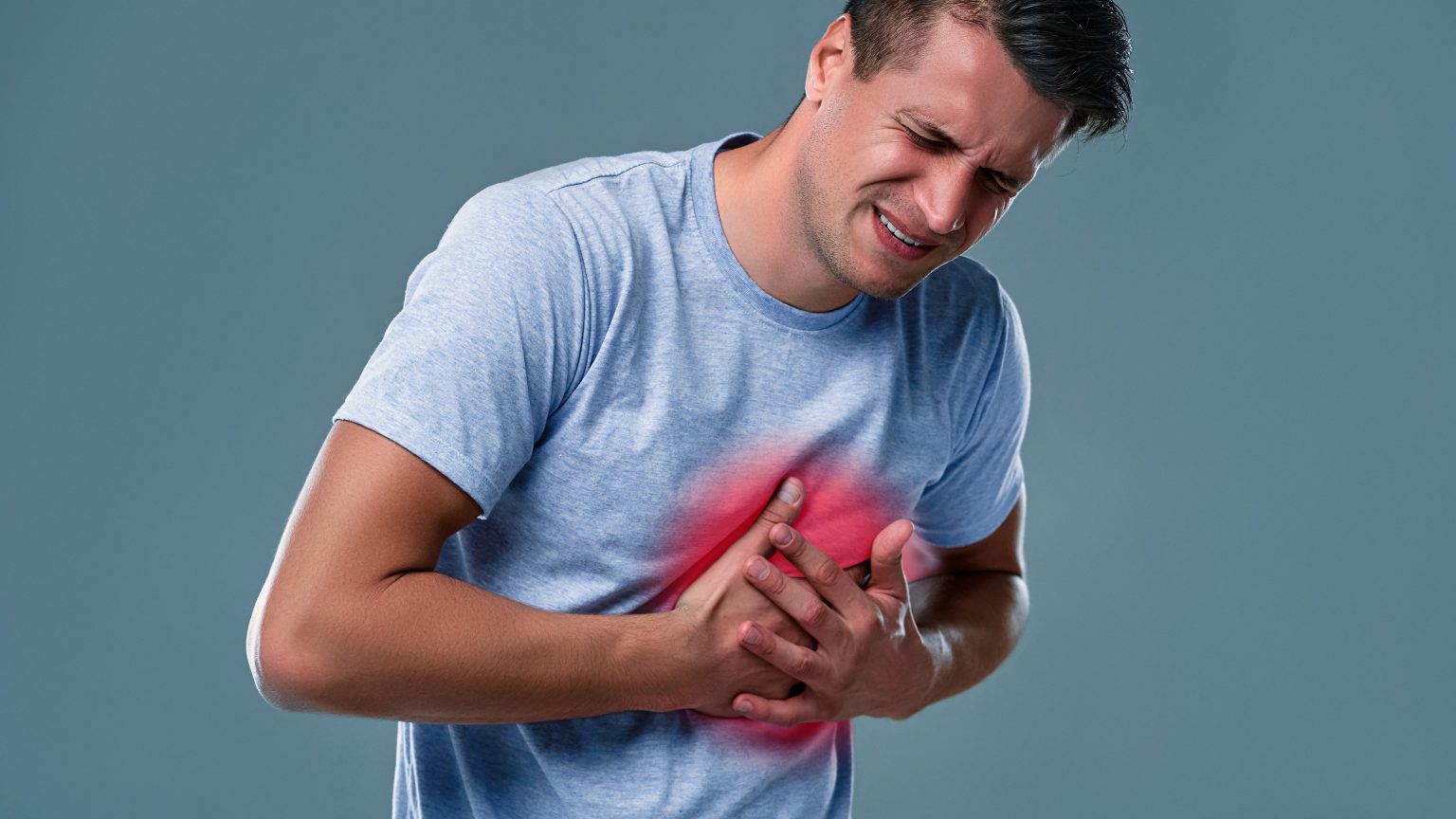In today’s busy world, stress and fast lifestyles are quietly harming many hearts. Doctors are seeing more heart attacks in people in their 30s and 40s, even those without typical risk factors like obesity or diabetes. Chronic stress and poor lifestyle habits are often to blame. A 45-year-old woman in Bengaluru ignored her fast heartbeat at night, breathlessness after climbing stairs, and mild chest pain. She thought it was just anxiety, and so did her doctor. One night, she went to the emergency room sweating and feeling anxious. Her ECG showed she had actually suffered a heart attack despite no chest pain.
Heart attack symptoms often differ between men and women. Men usually feel sharp chest pain, but women’s symptoms can be vague or unusual. They may include shortness of breath, unusual tiredness, nausea or stomach discomfort, dizziness, and mild chest discomfort that can be mistaken for indigestion. Women tend to have a higher pain threshold, so they may not notice or report their symptoms as quickly.
Some women have blockages in smaller blood vessels, not the major arteries, which causes different symptoms. This condition may feel like muscle strain or indigestion instead of the classic crushing chest pain. Hormonal changes, especially during menopause, also affect heart health by causing irregular heartbeats or palpitations that are often dismissed as stress or hormonal effects.
Women are more likely to have silent heart attacks, where symptoms are very mild or go unnoticed. This can happen when partially blocked arteries allow some blood flow, easing pain before it worsens, making diagnosis difficult. It is important to know the difference between anxiety and a heart attack. Heart attack symptoms usually follow physical effort like climbing stairs and get worse over time. Anxiety attacks can happen at rest and often pass on their own.
If symptoms such as chest discomfort, pressure in the upper abdomen, or shortness of breath last longer than 20 minutes and feel unusual, it is important to seek medical help immediately. The quickest way to know if it is a heart issue is to get an ECG at the emergency room. Doctors may also do a troponin T test to check for heart muscle damage. Early detection improves outcomes.
Heart disease is the leading cause of death among women, but many do not realize their risk until it is too late. Paying attention to subtle symptoms and getting timely medical care can save lives. If you notice anything unusual with your heart or body, do not ignore it.















